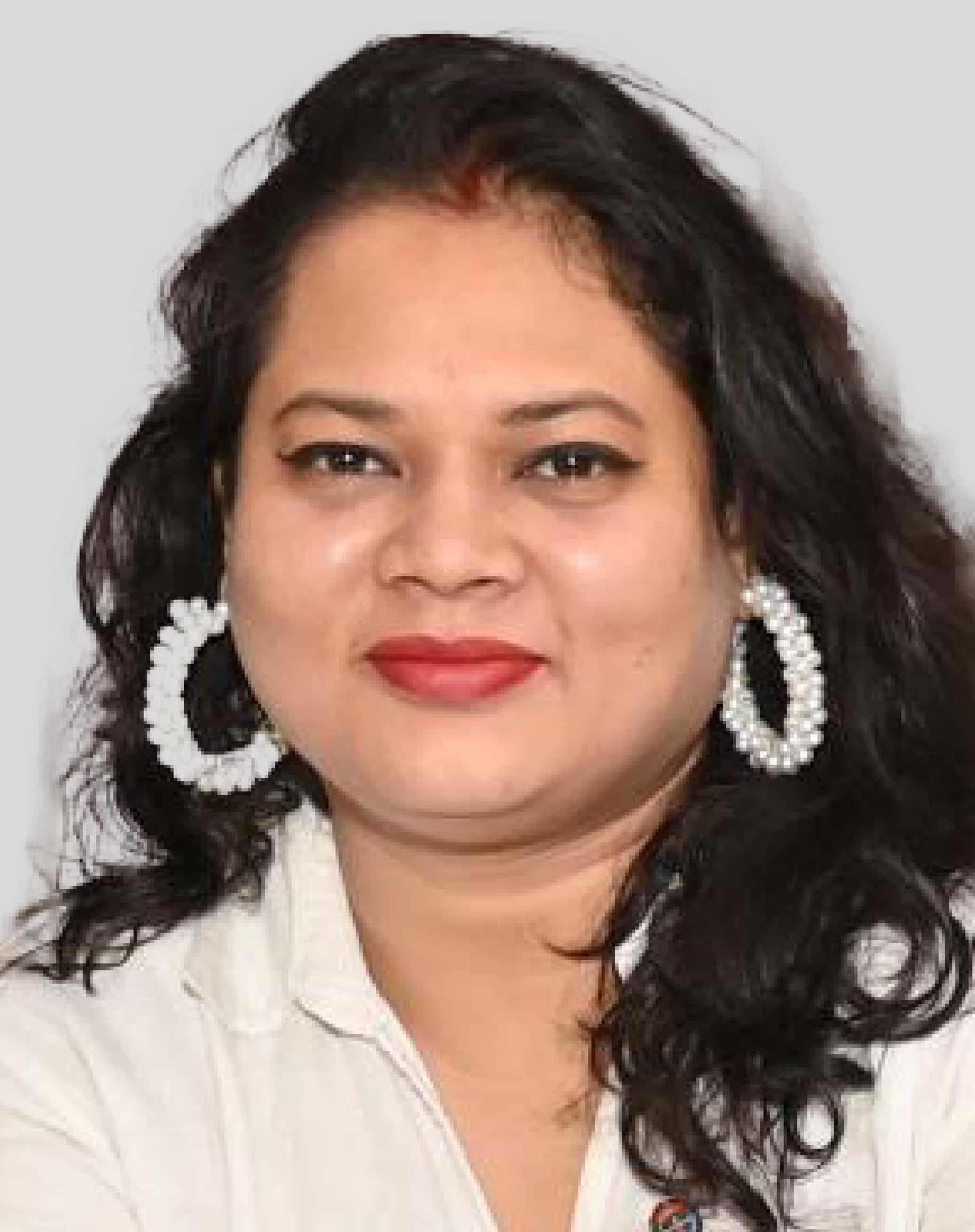Greenpeace Africa is calling on West African governments to strengthen surveillance of the region’s oceans and protect fisheries against all forms of illegal, unreported and unregulated fishing.
West Africa’s coastal waters are home to some of the world’s richest fishing grounds and the region is also a source of income and nutrition for the local people. Due to illegal, unregulated and unreported fishing, these coastal regions are getting extremely depleted, and the consequences are being faced by the people, who depend on fishing for their livelihood.
“Today, most fish stocks in the region are overexploited. The presence of foreign vessels makes this worse and threatens people’s livelihoods and their access to food. Fishermen are becoming increasingly indebted and socially vulnerable because of these industrial competitors. States would gain more if they invested in the sustainable management of our seas rather than selling them off to foreign industrial vessels,” said Dr. Aliou Ba, Greenpeace Africa’s Oceans Campaigner.
ALSO READ: Hyperspectral Data for Earth Monitoring
Call for preventive measures
After the suspicious presence of a factory trawler in Senegalese waters was exposed, the vessel, which is registered in Russia and owned by a Namibian company on behalf of the Icelandic company Samherji, continued its operations in Guinea-Bissau and Mauritanian waters. Greenpeace Africa observed that the vessel’s presence anywhere in the region’s waters represents a threat to all these countries, which share the same fish stocks.
Greenpeace Africa has restated its longstanding demand that governments cooperate to stop all forms of IUU fishing. A vital step towards this would be greater transparency in the fisheries sector, the reduction of fishing overcapacity and the strengthening of surveillance of the seas. The implementation of these good governance measures would prevent the depletion of fish stocks, the degradation of marine habitats and the destruction of an entire ecosystem that is vital for the region’s economy and food sovereignty.
In November 2022 four African countries, Angola, Eritrea, Morocco and Nigeria had signed the Food and Agricultural Organization’s (FAO) Agreement on Port State Measures (PSMA) to align with the 100 countries from around the globe against IUU fishing.
FAO’s director of fisheries and aquaculture division, Manuel Barange said that the need to work together to step up port controls and adequate information exchange through the implementation of the PSMA.
The 100 countries along with the four African countries will be able to share the information with concerned nations, and other stakeholders along with FAO about the decisions taken over foreign-flagged fishing vessels, which also includes the inspection reports and unlicensed vessels.
Apart from that many countries have developed states with substantial marine security forces and some strict rules. To protect the illegal vessels away, licensed vehicles, whether national or international need to adhere to certain fishing quotas and keep them away from protected areas. Some rules include prohibition from using long trawling fishing nets as well as nets with small meshes.
ALSO READ: 3D Mapping to Provide 360° View of Urban Areas in US
In order to keep a check on the rules being followed, governments require patrol boats, aerial surveillance and monitoring systems, said Andre Standing, a senior researcher at the South African Institute of Security Studies. He believes that government also needs to make some investment in developing trained law enforcement staff; keep check on the ongoing investigation procedures, audit fish stocks and create awareness among the people to carry out sustainable fishing activities and educate them accordingly.
Losses due to Illegal fishing activities
As reported by the Financial Transparency Coalition, West Africa recorded more than 40% of instances of illegal, unreported and unregulated (IUU) fishing by industrial vessels between 2012-2022. The region is losing at least US$9.4 billion every year, which is equivalent to the combined annual GDP of Guinea-Bissau, Sierra Leone and Liberia.
“The fisheries sector is so strategically important to West Africa. We should be doing everything we can so there is effective surveillance of the West African coastline. That way, fisheries can continue protecting our food security and socio-economic stability. It deserves so much more attention from the authorities. Its sustainable and transparent management must be at the heart of the public policies of West African states,” Dr. Ba added.
ALSO READ: Empowering Uganda Through Geodetic Network











